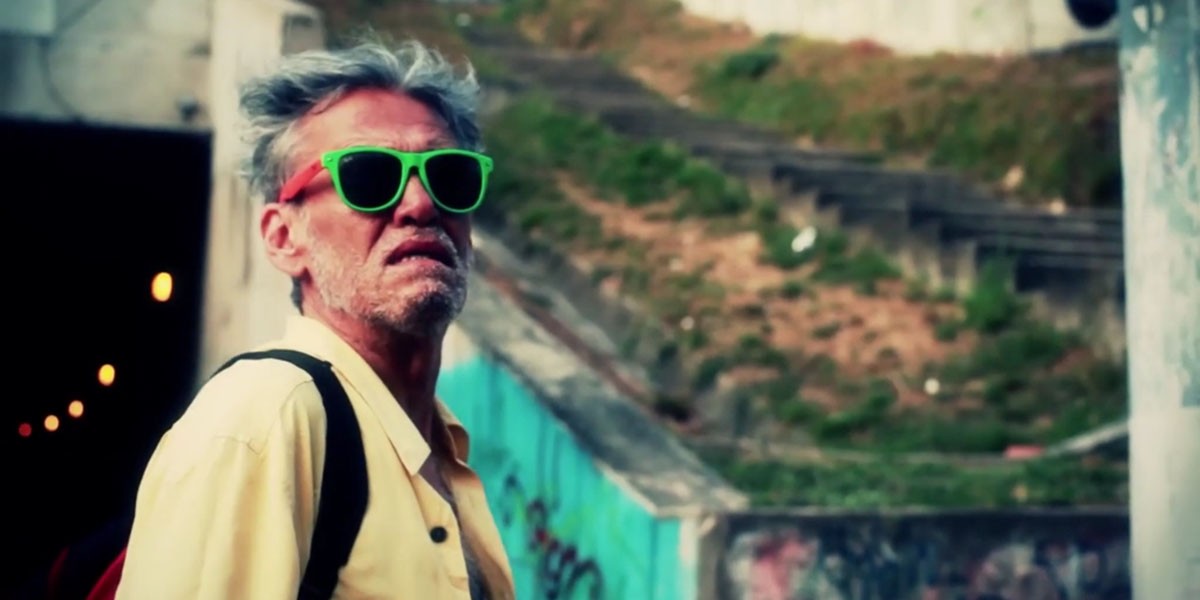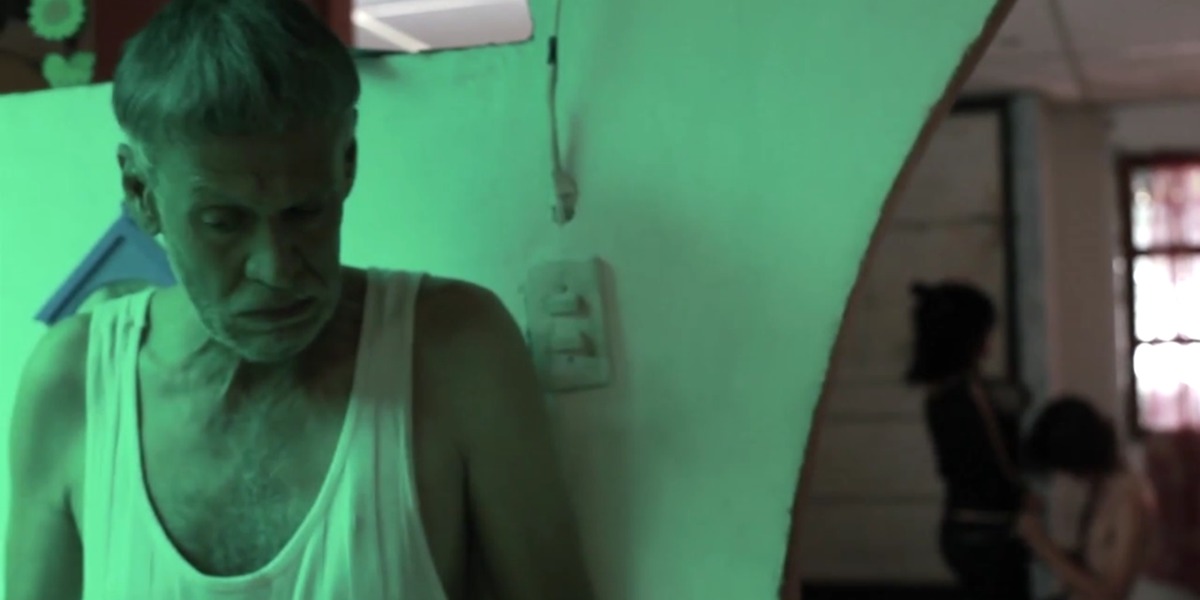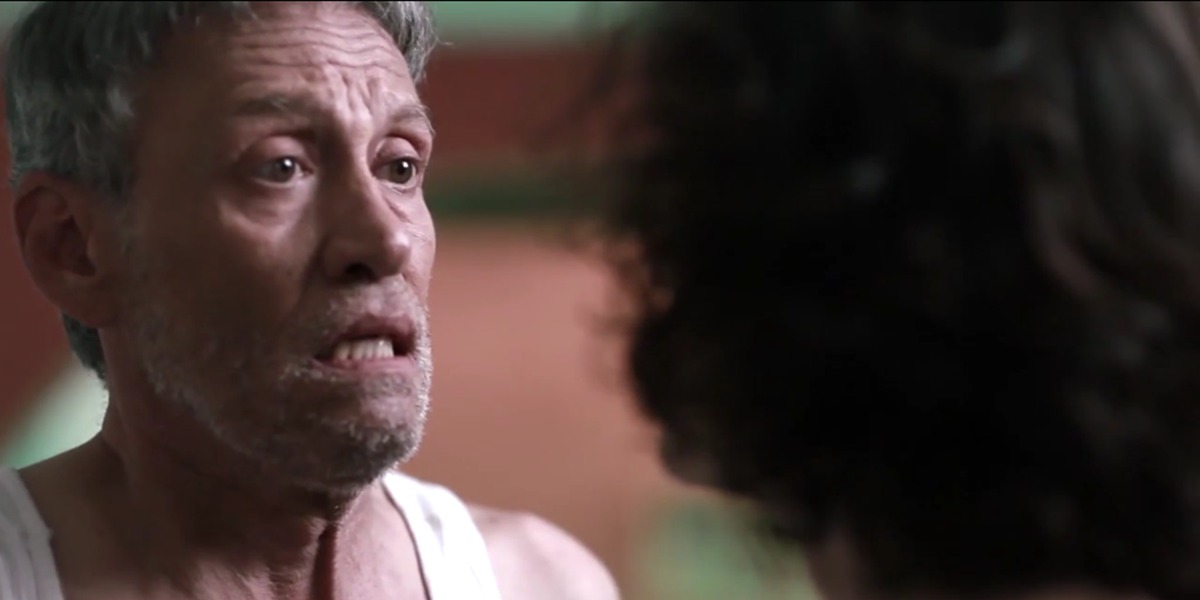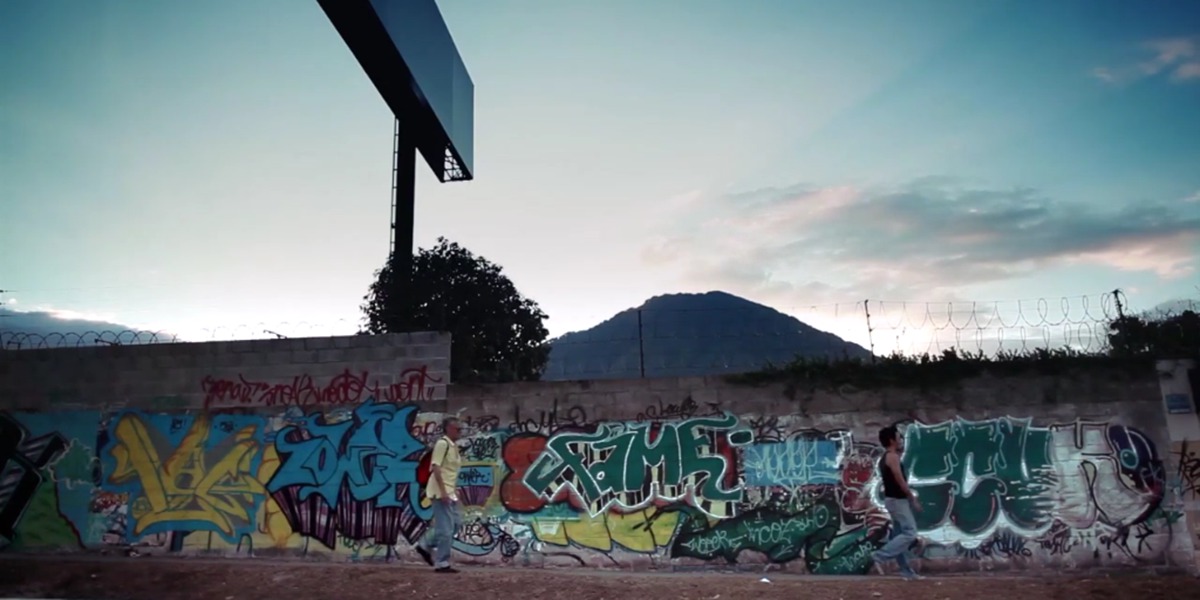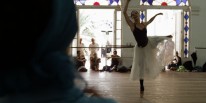With Salvador Solís, Karla Valencia, Rodrigo Calderón, Héctor Vides, Herberth de Paz, Leandro Sánchez
The first fiction film from El Salvador to be produced since 1969 and the first ever to see a worldwide release, The Crow’s Nest follows Don Cleo, a humble piñata salesman who receives an extortion letter at his doorstep. If he doesn’t pay $500, a small fortune for him, within 72 hours, he will be killed. Don Cleo quickly decides to gather the money through friends, but the harder he tries to raise the funds, the deeper into trouble he gets. If Don Cleo hopes to survive, he’ll have to face his fears and stand up to his tormentors.
With a magnificent use of deadpan humor and charm, The Crow’s Nest depicts a unique and realistic vision of El Salvador, where evangelical churches, reverence for the concept of the American Dream, the local struggling economy, and violence are everyday experiences for its most vulnerable population.
Shot on location in neighborhoods controlled by gangs, the script was based on a collection of real stories.
